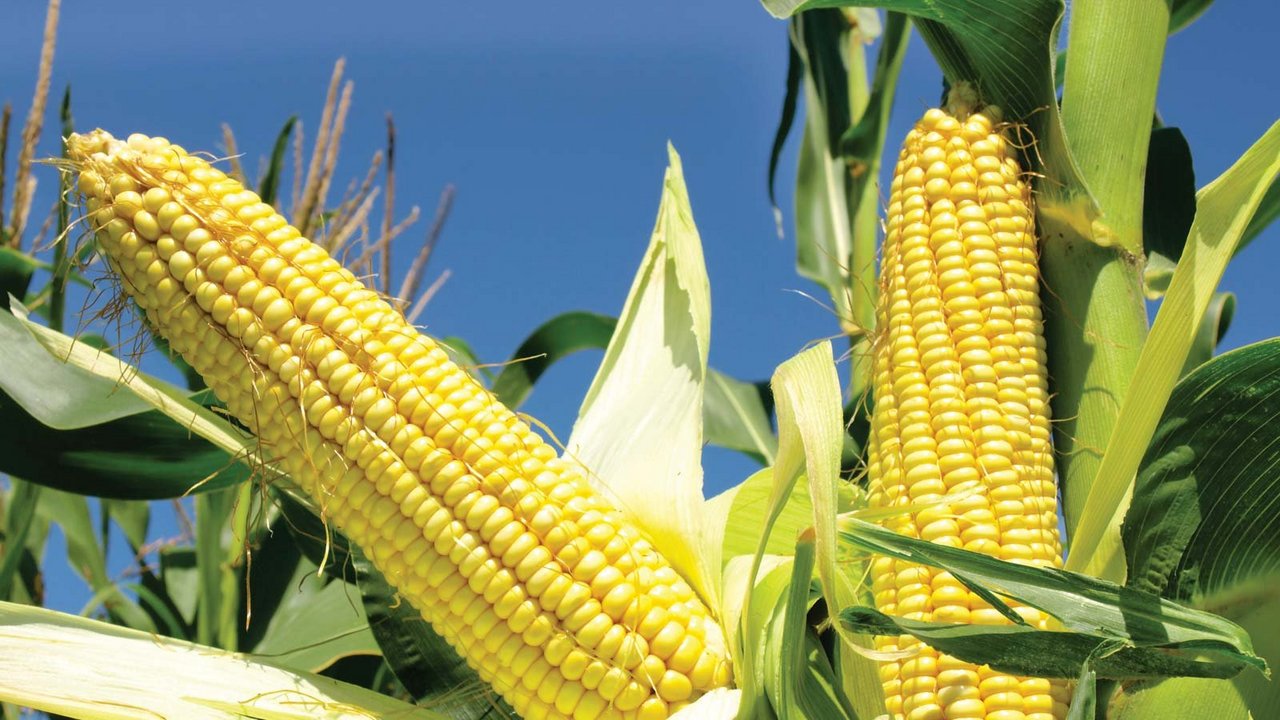In Chicago, wheat became cheaper by 0.4 percent, canola by 2 percent, corn by 0.7 percent, and soybeans by 0.6 percent more than the previous day. Commodity exchanges in Paris and London did not open on Wednesday due to the May Day Labor Day.
Rainfall in the U.S. Corn Belt could make it difficult for farmers to get into their fields in the coming days. This provided support for corn futures in otherwise quiet trading on Wednesday.
"This week most corn-producing areas have pretty wet fields, which could set back planting plans for a few days, but nobody's worried given the potential benefits," said Charlie Sernatinger of analyst firm Marex.
The U.S. Department of Agriculture's (USDA) crop report on Monday showed that corn planting is ahead of both last year's pace and the 5-year average -- any delay could put a damper on that progress.
Technical revolution
Corn and soybeans were trading higher for most of the day after earlier sharp declines, with traders opting to hedge, said Brian Hoops of Midwest Market Solutions.
"Corn and soybeans seem to be moving a bit frantically after the previous day's technical-based selling," Hoops added. "A little bargain hunting seems to have boosted the soybean market."
Much of this activity precedes the Federal Reserve's market-wide decision on interest rates on Wednesday.
Sustainable jet fuel
Corn and soybeans got some support from the Biden administration's finalization of the so-called GREET model, which provides guidance for sustainable aviation fuel (SAF) tax credits. Because corn and soybeans are feedstocks for renewable fuels, the guidance helps determine grain demand for fuel producers.
Agriculture advocates have had mixed reactions to the new guidance, and some groups have reservations about what the government's regulations will mean going forward.
"This announcement not only limits the contribution of corn-based ethanol to the decarbonization of the aviation industry, but also requires farmers to use enhanced nitrogen utilization practices, which may not be practical in all landscapes and areas."
All of this was announced by the Iowa Corn Growers Association in a memo.
Smaller exports are expected
Analysts polled by The Wall Street Journal predict weaker grain export sales, which could potentially put pressure on grain futures in the second half of the week.
Analysts said sales of wheat and soybeans could fall by as much as 100,000 tonnes for the 2023/24 and 2024/25 marketing years in the week ending April 25. Export sales of both grains faced strong competition, wheat from Russia and soybeans from Brazil.
